Early Career Immersion Programme
PATHWAYS Early Career Immersion Programme (ECIP) allows early career researchers to carry out project work that cuts across beneficiaries of PATHWAYS whilst experiencing the practical working environment and activities of different stakeholders, spanning the value chain of actors embedded in the project.
Examples of activities conducted during the visit include contributing to fieldwork, data-basing collated data, or facilitating knowledge exchange and workshop activities.
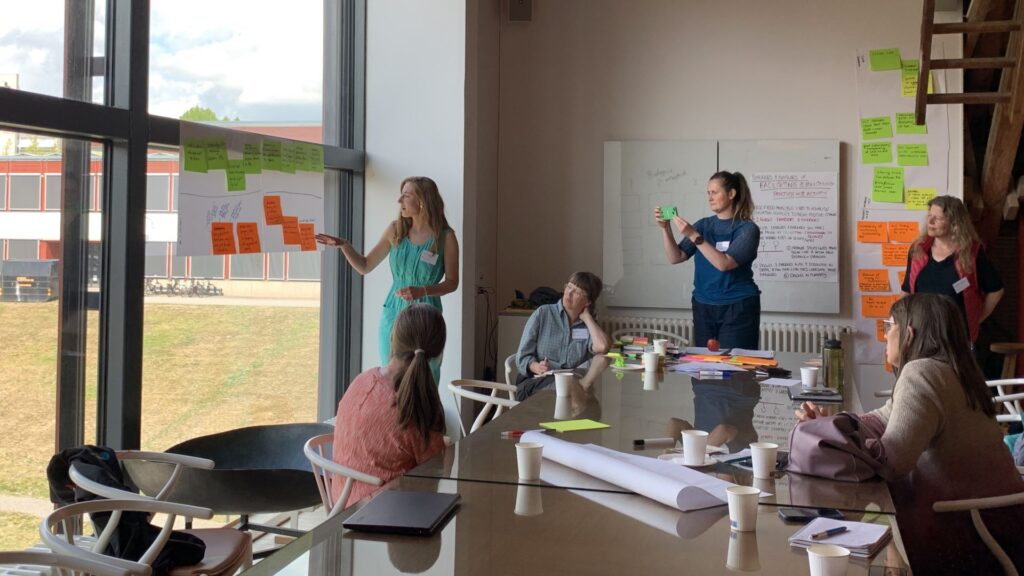
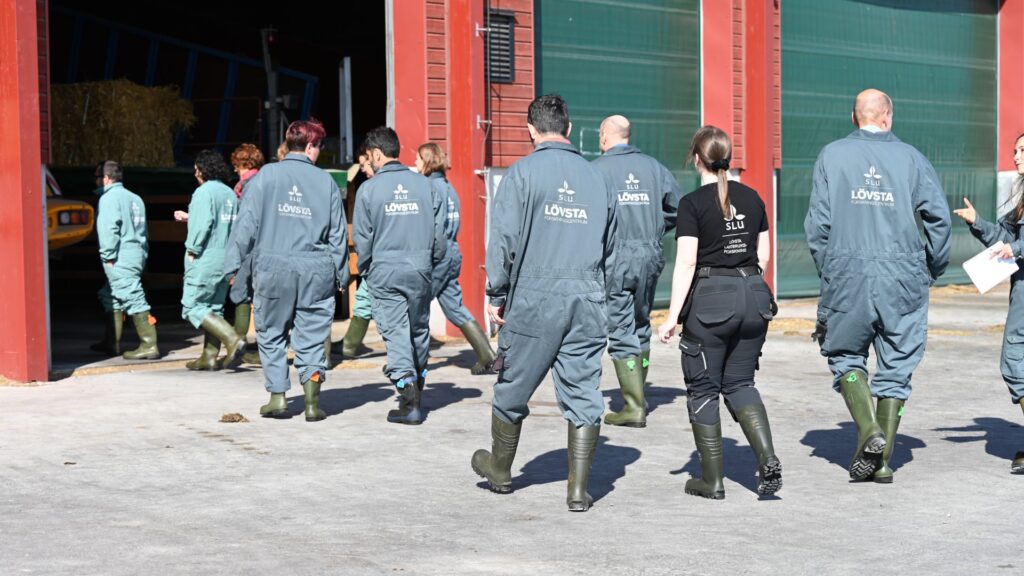
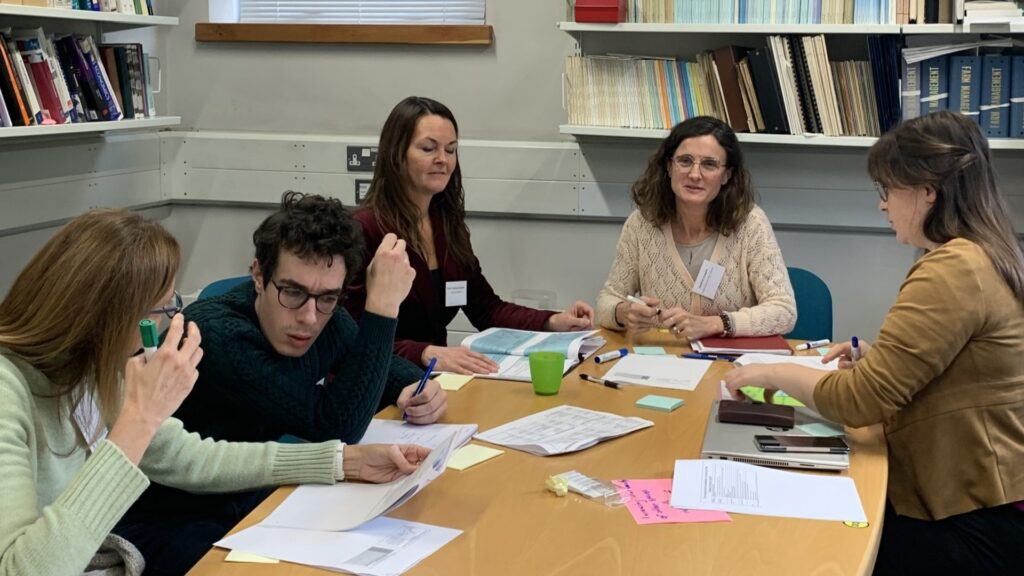
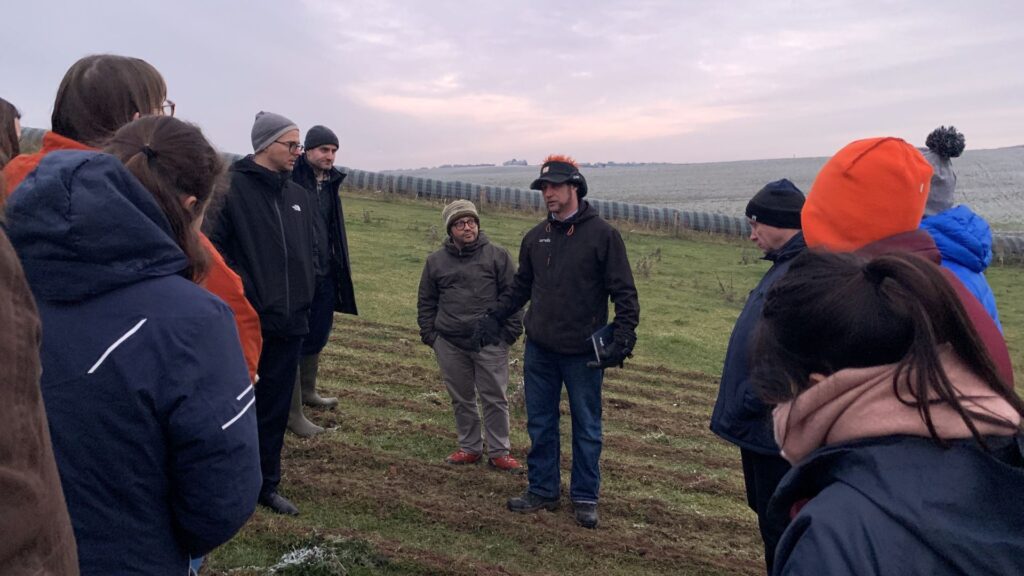
Discover the impact of the ECIP through the eyes of our alumnus
Having spent my PhD working on sustainable agriculture from a social science perspective, the placement offered an exciting opportunity to add to my methodological skill set and broaden my capabilities as a researcher interested in sustainable livestock systems. It has given me a more holistic approach and perspective to assessing livestock systems and enabled me to gain deeper understanding of complex system interactions.
Despite acquiring new skills and broadening my knowledge base, it has also been enriching to work in a new environment and engage with my PATHWAYS colleagues and hosts to build professional connections for the project and beyond.

During this time I developed an indicator for the biodiversity impact of different livestock farming systems in the EU using Critical Nitrogen Load Exceedances in semi-natural ecosystems as a core framework. It was a challenging but rewarding task. I learned a lot about finding, preparing and analysing spatial data from very different sources. This involved learning to use the tidyverse packages in R and coding a complex geospatial model.
Working with Catherine at FiBL was hugely beneficial because we could solve problems ad-hoc and in person. At many points, I was also glad to refer back to the larger goal of the PATHWAYS project to guide and prioritise the next step in my sub-project. Additionally, I got to spend time at FiBL, a hotspot for organic agriculture research, and build meaningful personal and professional connections in the field. I am proud to say that all this work resulted in a successful MSc thesis and degree. This would not have been possible for me without the ECRP grant and I am immensely grateful to the PATHWAYS consortium for this opportunity.
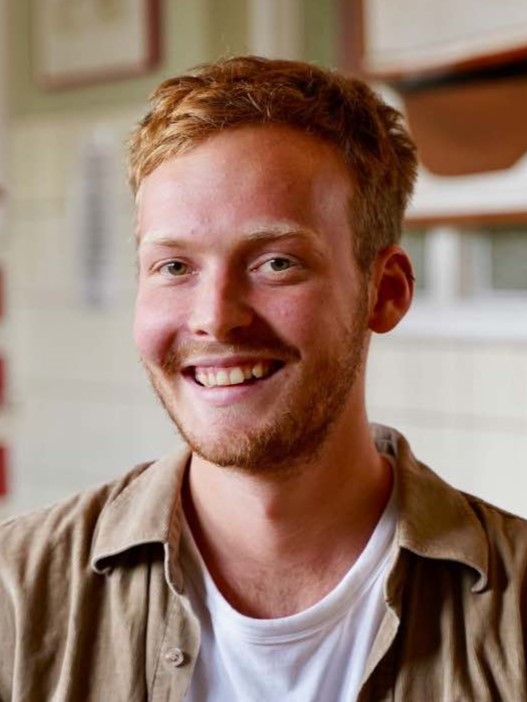


Having spent my PhD working on sustainable agriculture from a social science perspective, the placement offered an exciting opportunity to add to my methodological skill set and broaden my capabilities as a researcher interested in sustainable livestock systems. It has given me a more holistic approach and perspective to assessing livestock systems and enabled me to gain deeper understanding of complex system interactions.
Despite acquiring new skills and broadening my knowledge base, it has also been enriching to work in a new environment and engage with my PATHWAYS colleagues and hosts to build professional connections for the project and beyond.



During this time I developed an indicator for the biodiversity impact of different livestock farming systems in the EU using Critical Nitrogen Load Exceedances in semi-natural ecosystems as a core framework. It was a challenging but rewarding task. I learned a lot about finding, preparing and analysing spatial data from very different sources. This involved learning to use the tidyverse packages in R and coding a complex geospatial model.
Working with Catherine at FiBL was hugely beneficial because we could solve problems ad-hoc and in person. At many points, I was also glad to refer back to the larger goal of the PATHWAYS project to guide and prioritise the next step in my sub-project. Additionally, I got to spend time at FiBL, a hotspot for organic agriculture research, and build meaningful personal and professional connections in the field. I am proud to say that all this work resulted in a successful MSc thesis and degree. This would not have been possible for me without the ECRP grant and I am immensely grateful to the PATHWAYS consortium for this opportunity.



Vacancy post
We are happy to announce that we are opening applications for the next round of the PATHWAYS Early Career Immersion Programme.
The deadline for applications is the 31st June 2024, 5pm (GMT+1).
Who can apply?
The PATHWAYS Early Career Immersion programme enables placements of post-graduate and post-doctoral researchers employed on the PATHWAYS project with up to 8 years post-doctoral experience (or full-time equivalent).
Please note that the programme is restricted to people working at PATHWAYS partner organisations. The full list of project partners can be found here.
Placement details
2-8 weeks of placement will be arranged according to the needs of the project; the funds allocated to the task will be used to cover travel, subsistence and accommodation costs incurred by the researchers during these work visits.
How to apply?
A placement can be initiated either by a hosting beneficiary or an early career researcher. Both parties will then explore opportunities for the researcher to work for a short period at the hosting partners’ premises. These discussions include:
- The specific work they would undertake while at the host’s premises,
- The length of the placement
- Funding allocated for the position
All applications must include the following documents:
- A full CV
- A cover letter, explaining how the work undertaken with the hosting partner will be taken forward on return to your home institution.
Applications must be submitted to Laurence Smith by email (l.g.smith@reading.ac.uk) no later than 31st of June 2024, 5pm (GMT+1).
The project’s Executive Board will decide on the scientific, training, and financial value of proposed placements and will inform applicants of the outcome of their application.